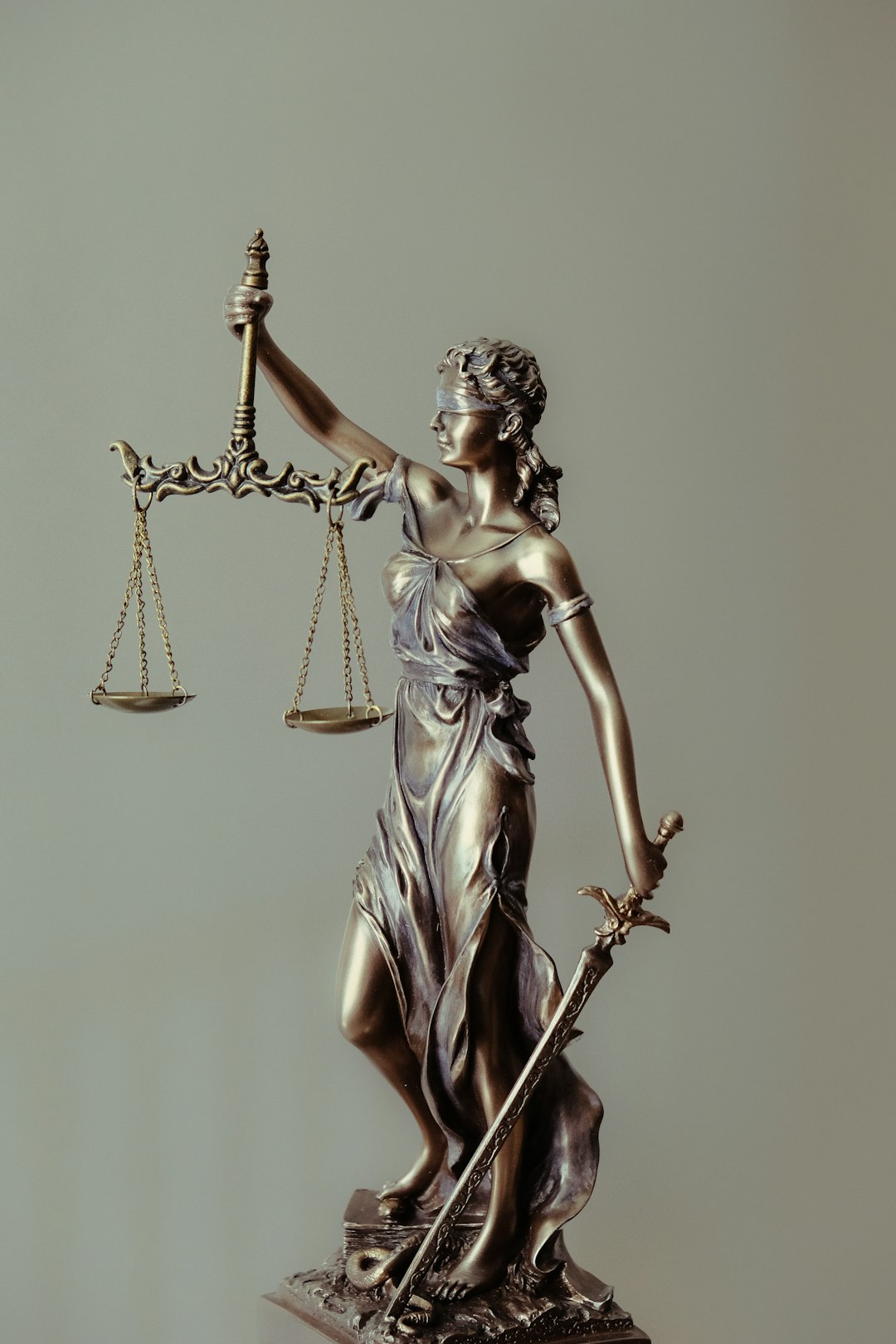In Washington D.C., debt harassment is governed by the Fair Debt Collection Practices Act (FDCPA) and DC Consumer Protection Law (DCPL), offering consumers robust protections against unfair or abusive debt collection practices. If your rights are violated, hiring a DC-based lawyer specializing in consumer protection and debt collector laws is advised. Legal experts can navigate regulations, ensure fair treatment, send cease-and-desist letters, file complaints, and hold offenders accountable under DC law. Document all interactions for evidence, crucial if legal action is required.
In Washington D.C., understanding your rights against debt harassment is crucial. Debt collectors often employ aggressive tactics, but stringent laws protect consumers from such abusive practices. This article explores the intricate web of regulations governing debt collection in DC, delving into your rights and the steps to take when faced with relentless harassment. From recognizing illegal collection methods to knowing when to hire a lawyer for debt collector issues, these insights empower you to navigate this complex landscape effectively.
Understanding Debt Harassment in DC: Laws and Regulations
In the District of Columbia, debt harassment refers to any unfair or abusive practice by a debt collector aimed at retrieving a debt. This can include persistent phone calls, threats, misrepresentations about the law, or using intimidatory language. The Fair Debt Collection Practices Act (FDCPA) and the District’s Consumer Protection Law (DCPL) govern how debt collectors operate within DC. These laws are designed to protect consumers from excessive pressure and false information during debt collection processes.
Hiring a lawyer for debt collector issues in DC is advisable if you believe your rights have been violated. Legal experts specializing in consumer protection can help navigate the complex regulations, ensuring you receive fair treatment. They can also assist in sending cease-and-desist letters or filing complaints with relevant authorities to stop harassing tactics and hold offenders accountable under DC laws.
Rights of Consumers: What Does the Law Say?
In the District of Columbia, consumers have robust rights when it comes to dealing with debt collectors. The DC Consumer Protection Law (DCCPL) prohibits unfair and deceptive practices in debt collection, offering significant protections for individuals facing harassment or abusive tactics from creditors. This legislation is designed to ensure fair treatment and provide a safety net against exploitation.
According to the DCCPL, a lawyer for a debt collector must adhere to strict guidelines when communicating with consumers. They are prohibited from using threats, intimidation, or false representations to extract payments. Additionally, they cannot call excessively, use obscene language, or disregard a consumer’s valid concerns. Knowing their rights is empowering for DC residents; if they feel their boundaries have been crossed, they can take action and report the debt collector, potentially holding them accountable under the law.
Taking Action: Steps to Stop Debt Collector Harassment & When to Hire a Lawyer
If you’re facing relentless debt collection harassment, it’s crucial to take immediate action to protect your rights under DC laws. The first step is to document every interaction with the debt collector. Keep a record of all calls, emails, and letters, noting the date, time, and content of each communication. This documentation will be essential if you decide to take legal action.
When harassment persists despite your efforts, consider hiring a lawyer specializing in DC laws regarding debt collectors. A qualified attorney can guide you through the process, help you understand your rights, and represent you if necessary. They can send cease-and-desist letters, file complaints with relevant authorities, or even pursue legal action to stop the harassment and recover any damages incurred due to the collector’s misconduct.






